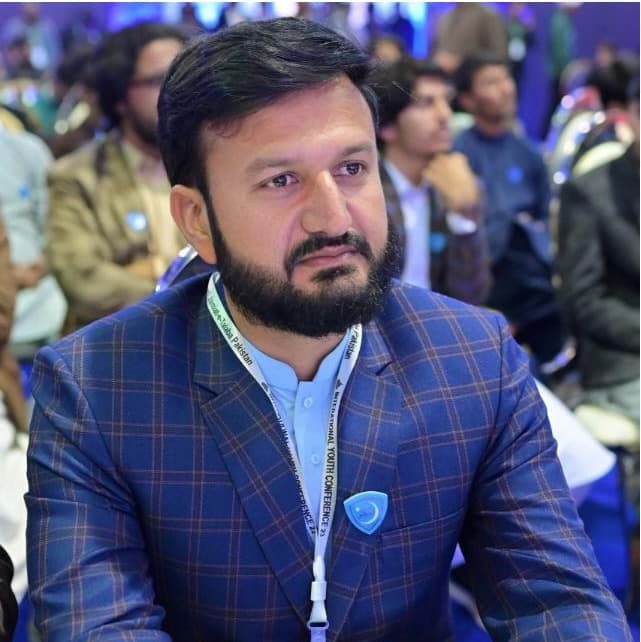
Education, Research, and Our National Future
Auther: Dr. Waseem Haider
Secretary General Islami Jamiat e Talaba Pakistan
Education plays a fundamental role in the rise and fall of nations. Through education, nations prepare for their future. It is now an established fact that sustainable and lasting development does not stem from natural resources or minerals, but from education and skills. These skills and capabilities are nurtured through knowledge and research.
The importance of knowledge and education has always been recognized throughout history. However, if the 21st century is called the “Century of Knowledge,” it would not be an exaggeration. This century has witnessed remarkable advancements in science, technology, and research. Today, the world has not only become a “global village” but a “global home,” and the driving force behind this transformation is knowledge and research.
Every successful sector in the modern world has knowledge and research at its foundation. Based on the same foundations, Artificial Intelligence (AI) has made extraordinary progress in recent years. Experts predict that within the next decade, the global system will operate largely under AI. This progress is not due to any natural resources but is the outcome of focused knowledge and research.
Nations that lead in this intellectual race will shape the future of global politics, economy, and technology. Those left behind will face marginalization, dependency, and adversity.
Unfortunately, Pakistan is among those countries that have significantly lagged in this race for knowledge and research. Our educational policies, budgets, and vision demonstrate that we have yet to prioritize knowledge and research at the national level. Instead of investing in our future through education and innovation, we have become content with foreign aid and friendships. While international cooperation can be beneficial, blind reliance and imitation often lead nations toward decline.
Pakistan is still one of the countries with the highest number of out-of-school children—nearly 27 million, which accounts for 40% of our total child population. The majority of Pakistan’s population consists of youth. If these young people are equipped with education and skills, they can become a valuable national asset. However, if they are deprived of even basic education, they pose a serious threat to the state’s stability and future.
At the state level, no effective strategy is evident to address these challenges. The ruling elite appears unable to see beyond their offices and drawing rooms to witness the real picture on the ground. Those individuals and institutions working actively for the promotion of education are being ignored instead of being consulted or supported.
Over the past ten years, the required financial resources for education have not been provided. On one hand, public schools are being privatized, and on the other, public university budgets are being consistently slashed. Since 2017, the Higher Education Commission (HEC) has been receiving the same Rs. 65 billion annually for universities, even though the number of public universities has increased from 120 to 156 during this period. Meanwhile, pensions, salaries, and inflation have surged, pushing universities into severe financial crises.
As a result, Pakistani universities have recently been in the headlines not for academic excellence but for financial and administrative turmoil and various other negative issues. Drug use, harassment, and a decline in students’ moral development have become common on campuses. An imbalanced semester system has further weakened the intellectual and ethical training of students.
There was a time when Pakistani universities used to compete among the world’s finest institutions, but today not a single Pakistani university ranks among the top 400 in the world.
Though the number of universities and PhD holders is increasing, this growth remains merely statistical. It lacks the quality and influence needed to produce scientific, intellectual, and political leadership for the nation. How can real progress be achieved when Pakistan allocates just 1.6% of its GDP to education—less than any other South Asian country?
How can it be acceptable that in a democratic country, student unions—the greatest nurseries of democracy—are still banned since the era of General Zia-ul-Haq? And how can we tolerate restrictions on the voices, pens, and expressions of students—the primary stakeholders of academic institutions?